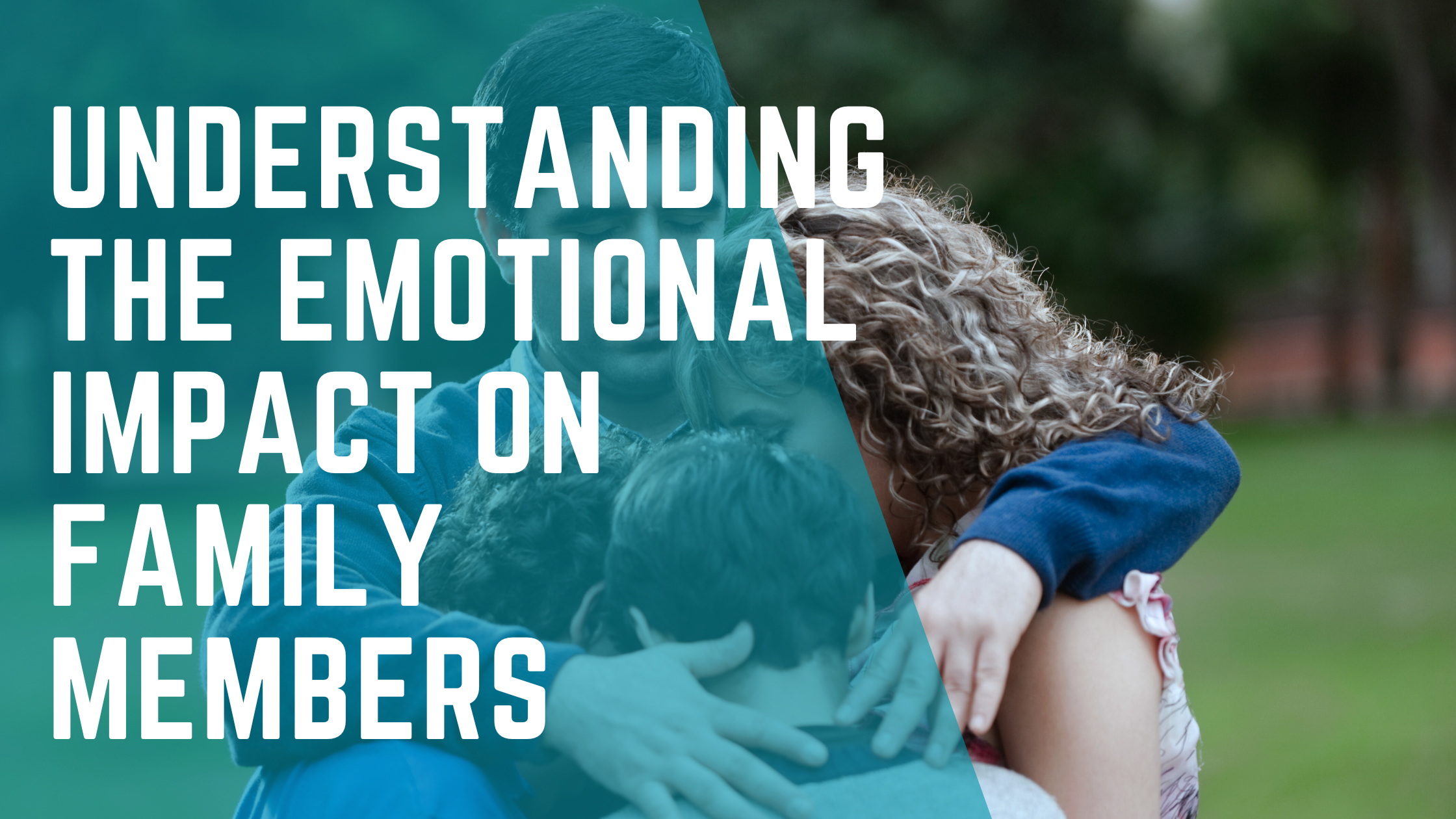Understanding the Emotional Impact on Family Members After a Motorcycle Accident

When a loved one is involved in a motorcycle accident, the emotional impact isn’t limited to the person who was injured. Family members often experience a wide range of emotional challenges as they try to cope with their loved one’s condition, the uncertainty of recovery, and the changes to family dynamics. Recognising these emotional impacts and knowing how to manage them healthily is important. This guide will help you understand the emotional effects on family members, provide practical tips on coping, and offer resources to support you.
Emotional Impact on Family Members
Family members often face many emotions when someone close to them is hurt in a motorcycle accident. Some of the most common feelings include:
- Shock and Disbelief: Feeling overwhelmed and stunned when you first hear about the accident is normal. The sudden nature of these events can leave you struggling to process everything.
- Fear and Anxiety: Worrying about the severity of your loved one’s injuries, their recovery, or even the long-term impact on their life can cause a lot of anxiety and fear.
- Guilt: Family members might feel guilty, especially if they weren’t there when the accident happened or if they believe they could have prevented it.
- Frustration: Watching your loved one suffer, especially if the recovery process is slow or uncertain, can lead to feelings of frustration and helplessness.
- Sadness and Grief: The changes to your loved one’s lifestyle, independence, or health may lead to feelings of sadness or grief over the life they once had.
- Isolation: Caregiving responsibilities may leave little time for socialising, leading to feelings of isolation and loneliness.
How to Manage These Emotions
While it’s normal to experience these emotions, it’s important to take steps to manage them so they don’t become overwhelming.
1. Acknowledge Your Emotions: Feeling upset, stressed, or anxious is okay. Recognising and acknowledging your feelings is the first step towards managing them. Don’t be hard on yourself for feeling overwhelmed—it’s a natural response to a stressful situation.
2. Communicate Openly: Talk about your feelings with someone you trust. It might be a family member, a friend, or even a support group. Open communication can help ease emotional burdens and prevent feelings of isolation.
3. Set Boundaries and Take Breaks: If you’re caring for an injured loved one, taking regular breaks to care for yourself is important. Don’t be afraid to ask for help from others when needed. Taking time to rest will help you stay emotionally strong in the long run.
4. Stay Informed: Understanding your loved one’s condition, treatment plan, and recovery process can reduce anxiety and help you feel more in control. If you have questions or concerns, please ask doctors, nurses, or therapists for more information.
5. Practice Self-Care: It is essential to look after your mental and physical health. Try to maintain a healthy routine, eat well, exercise, and get enough sleep. Taking care of yourself helps you better care for your loved ones.
6. Seek Professional Support: If the emotional impact becomes overwhelming, seeking professional support is important. Talking to a counsellor or therapist can help you process your feelings and give you coping strategies.
Practical Solutions for Managing Caregiving Stress
Here are some additional practical solutions for managing the stress of caregiving:
- Delegate Tasks: Don’t hesitate to ask for help from friends or family. Sharing caregiving duties can lighten the load and reduce stress.
- Join a Support Group: Connecting with others who are going through similar experiences can be comforting. Support groups for caregivers offer a space to share challenges and advice.
- Set Realistic Expectations: Recovery can be a long road, and there may be setbacks. Be patient with yourself and your loved one as you adjust to new circumstances.
Speak to your Solicitor if you have an ongoing claim.
If you are currently dealing with a claim, it’s important to speak with your solicitor about any support you may be entitled to as part of your claim. Don’t suffer in silence. Many solicitors can help you access services such as compensation for caregiving costs, additional support for the injured party, or even access to counselling and mental health services. Understanding your legal rights and potential benefits can reduce some of the financial and emotional stress you may feel as a caregiver. Discuss the full range of support available during the claims process to ensure you receive the needed help.
Resources for Family Support
If you are struggling with the emotional impact of a loved one’s motorcycle accident, there are several resources you can turn to for help:
- Carers UK: Provides support for family caregivers, including advice on managing caregiving and emotional well-being. Visit Carers UK
- Samaritans: Offers confidential emotional support 24/7 for anyone experiencing distress. Visit Samaritans
- Mind: A UK mental health charity that offers information and support for managing mental health during stressful times. Visit Mind
- The NHS Talking Therapies Programme: Offers free therapy services for those dealing with anxiety, depression, and stress. Visit NHS Talking Therapies
Disclaimer:
This website is not intended to replace professional services or provide legal advice. It is designed to offer general information and guide you in the right direction, helping you understand key topics related to motorcycle accidents. Please consult a qualified professional for specific legal, medical, or financial advice.